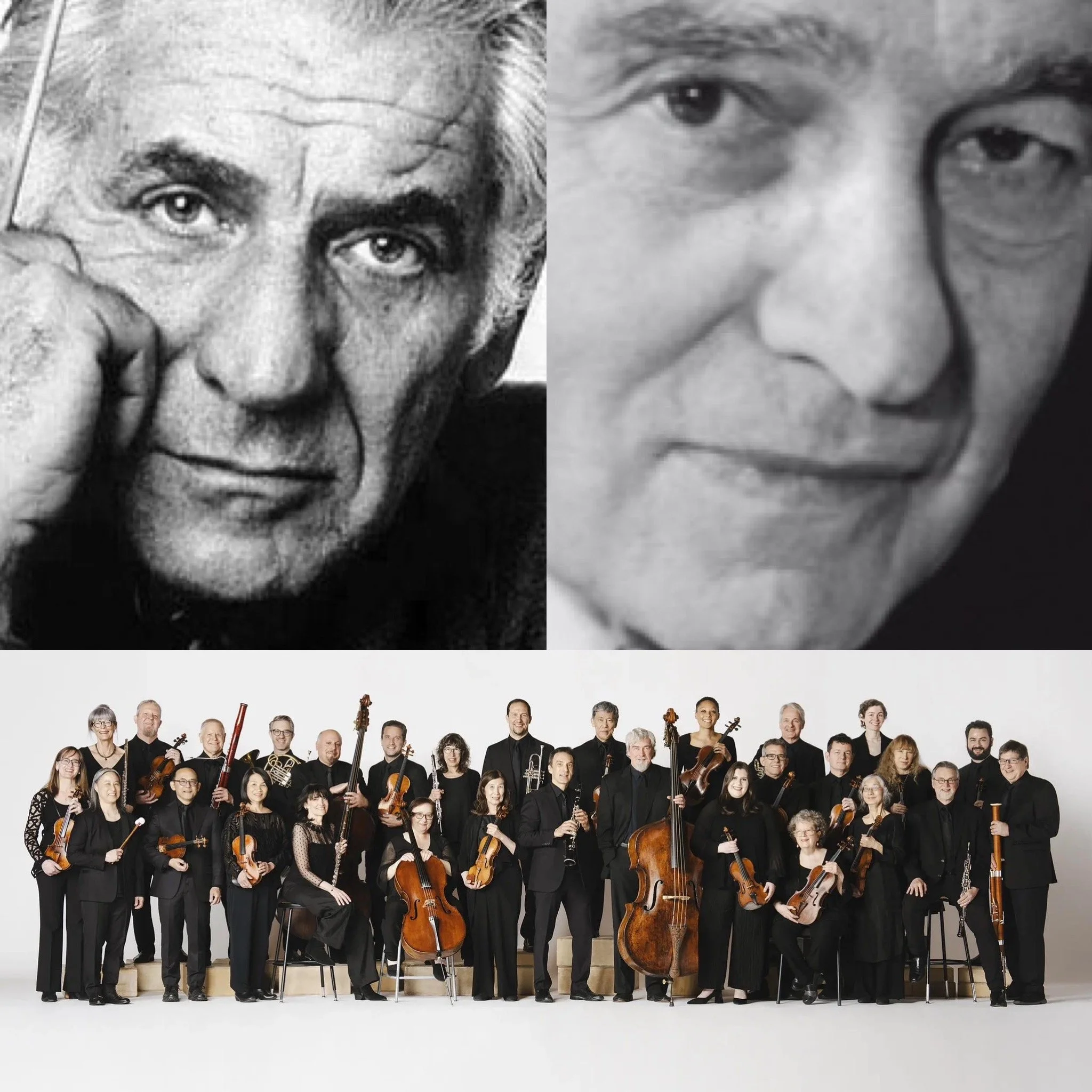REVIEW: ASO Revives Dvořák’s Requiem
Above photo by Matt Dine.
January 25, 2024
Antonin Dvořák’s long neglected Requiem, Op. 89, received a rare performance at Carnegie Hall, courtesy of the American Symphony Orchestra under the baton of Leon Botstein. Featuring the Bard Festival Chorale, and a quartet of superb vocal soloists, these sizable and expert forces made a strong case for this grand Requiem mass to be rescued from the shadows of the warhorses by Mozart and Verdi, and for that matter, the composer’s own Stabat Mater.
Photo by Matt Dine
Dvořák weaves a mournful four-note motif throughout his take on the mass. Perhaps this yearning sigh of a melodic hook represents grief itself, the composer needling the listener with it when least expected. One moment it’s in the foreground, then it’s in the background. One moment, it poses a question, but later it answers, or interrupts.
Dvořák’s knack for motivic development is on full display here, unifying this expansive work, anchoring it in emotional truths. And there is gratifying material for orchestra, chorus, and soloists alike. There are fine moments sprinkled throughout, well-earned drama, sweet reflections, and sublime religiosity. Dvořák knew loss — three of his children died in infancy — and his Requiem provides a healing journey.
Tenor soloist Joshua Blue brought declamatory reverence to his entrance, “Te decet hymnos, Deus, in Sion,” while Leah Hawkins, soprano, shaped melancholy phrases with delicate dynamic shading in the Graduale, a movement for soprano and women’s chorus.
Following a wrathful Dies Irae, alto soloist Lindsay Ammann floated atop a rippling accompaniment, with a rich, chocolate-hued timbre and strong diction, in Tuba mirum. And when Stefan Egerstrom, bass, sings “Mors stupebit,” warning of God’s judgement, we felt the weight of consequences. The music builds, Botstein driving the tempo to lift Egerstrom’s Commendatore-like admonishment to a resounding climax. What follows is one of the Requiem’s most arresting passages, a mezza voce floating tenor solo, “liber scriptus proferetur,” interspersed with plaintive oboe commentary, played with a haunting folkloric air by Alexandra Knoll.
The tender and lyrical Recordare, Jesu pie, for the four soloists was sublime, Bell’s opening phrases expressive and caressing. The chorus handled the following movement, Confutatis maledictis, with virtuosic rhythm, bringing the first half to a moody conclusion with an all hands on deck Lacrimosa.
The mood shifts palpably as the evening’s second half begins with the hymn-like Offertorium, which segues into a hopeful, fugue-like Allegro. Then, Hostias blossoms with operatic passion, before a return to the upbeat celebration. A majestic Sanctus, and a mythic Pie Jesu emerge, and then finally, the Agnus Dei, which reexamines the “grief” motive, now a ladder to exaltation.
It’s to the credit of Botstein and ASO that they remain committed to programming repertoire that has fallen from the canon. Dvořák’s Requiem is both as beautifully composed and emotionally rewarding as its more famous counterparts. Perhaps this will turn out to be the beginning of a resuscitation.
Photo by Matt Dine
***







